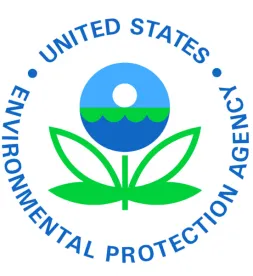On December 21, 2020, the U.S. Environmental Protection Agency (EPA) released a proposed rule that would amend the 2018 Toxic Substances Control Act (TSCA) fees rule. According to EPA, the proposed rule “reflects real-world situations, narrows the broad scope of current requirements, significantly reduces the burden on American businesses, and increases the flexibility for surrounding TSCA fees requirements.” Under TSCA, EPA collects fees from chemical manufacturers and processors to help fund implementation to ensure that public health and the environment continue to be protected. TSCA requires EPA to review its fees every three years and, after consulting with parties potentially subject to the fees, to adjust the fees if necessary. The proposed updates include:
-
Narrowing the scope of the TSCA fees rule by exempting importers of articles containing a chemical substance, companies that produce a chemical as a byproduct or manufacture or import as an impurity, companies that produce a chemical in de minimis amounts, companies that use chemicals solely for research and development (R&D) purposes, and companies that manufacture a chemical that is produced as a non-isolated intermediate from fees;
-
Using cost data gathered over the past two years, instead of estimates, to update the fee calculations;
-
Ensuring fees are fairly and appropriately shared across companies by proposing a production-volume based fee allocation and including export-only manufacturers for EPA-initiated risk evaluations;
-
Allowing for corrections to be made to the list of manufacturers subject to fees for EPA-initiated risk evaluations after the final list is published, ensuring the accuracy of the list;
-
Increasing flexibility for companies by extending the amount of time to form consortia to share in fee payments;
-
Ensuring that EPA can fully collect fees and enabling companies to prepare better for paying fees by allowing payments in installments for EPA-initiated and manufacturer-requested risk evaluations; and
-
Adding new fee categories associated with new chemicals activities.
Comments will be due 45 days after EPA publishes the proposed rule in the Federal Register.




 />i
/>i
